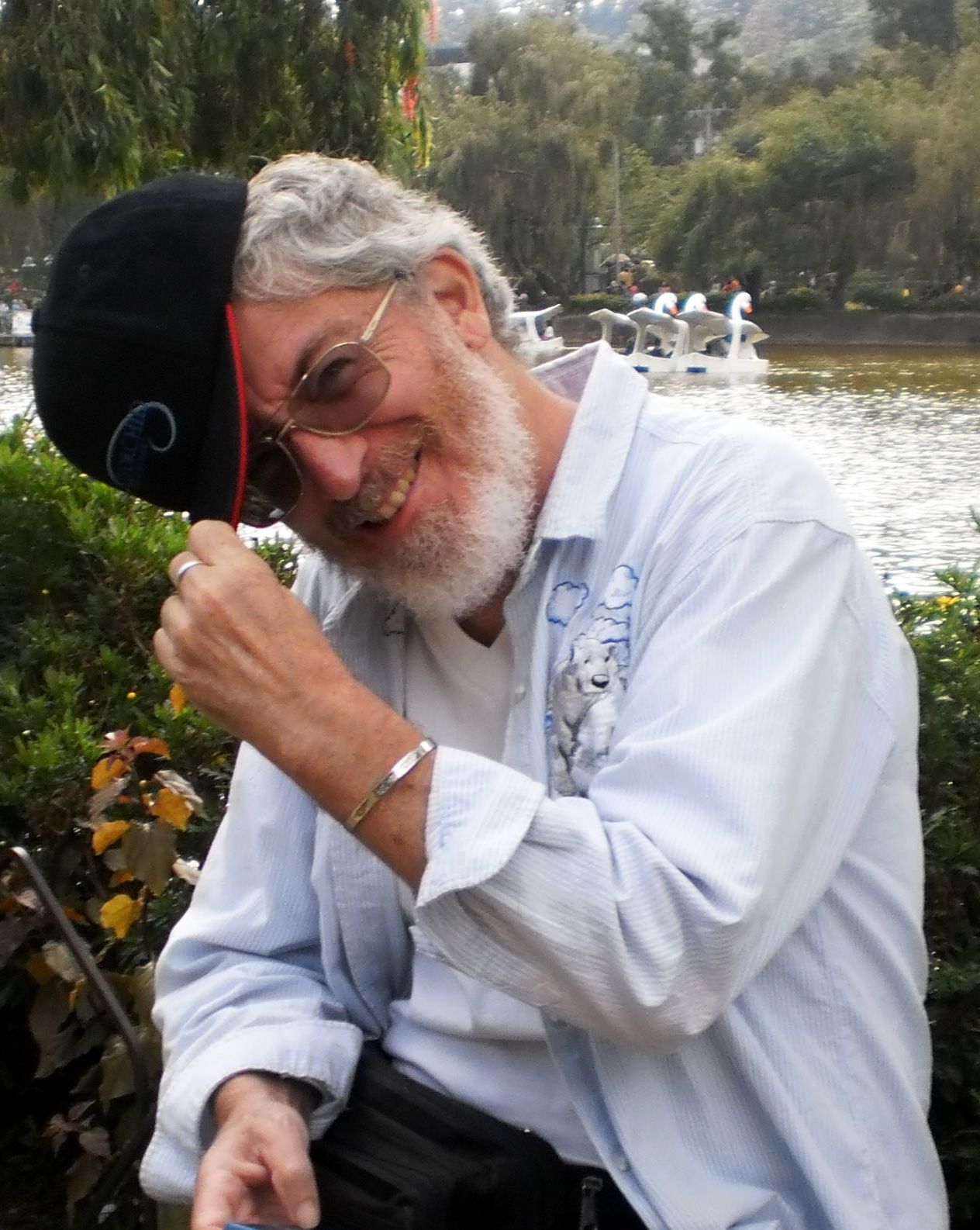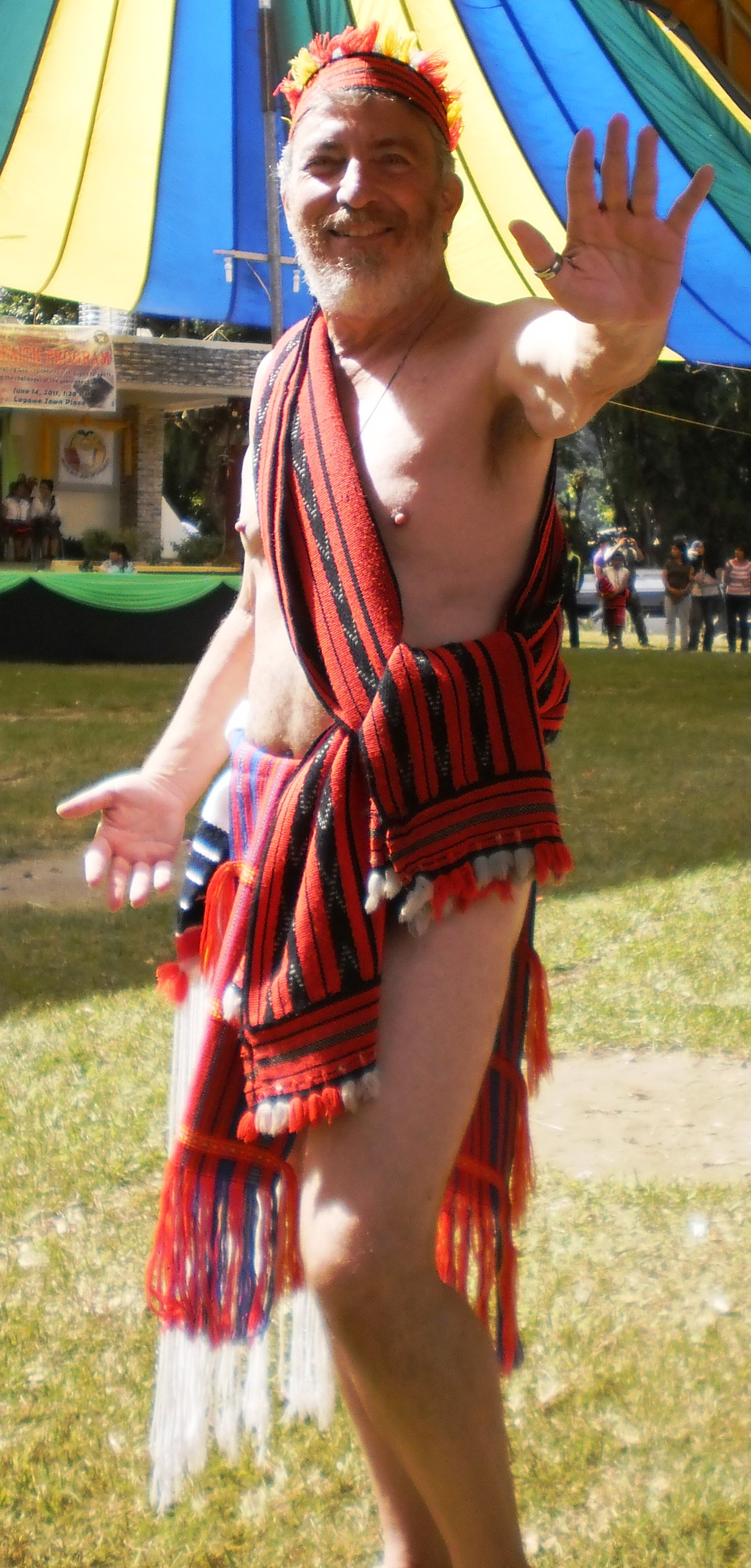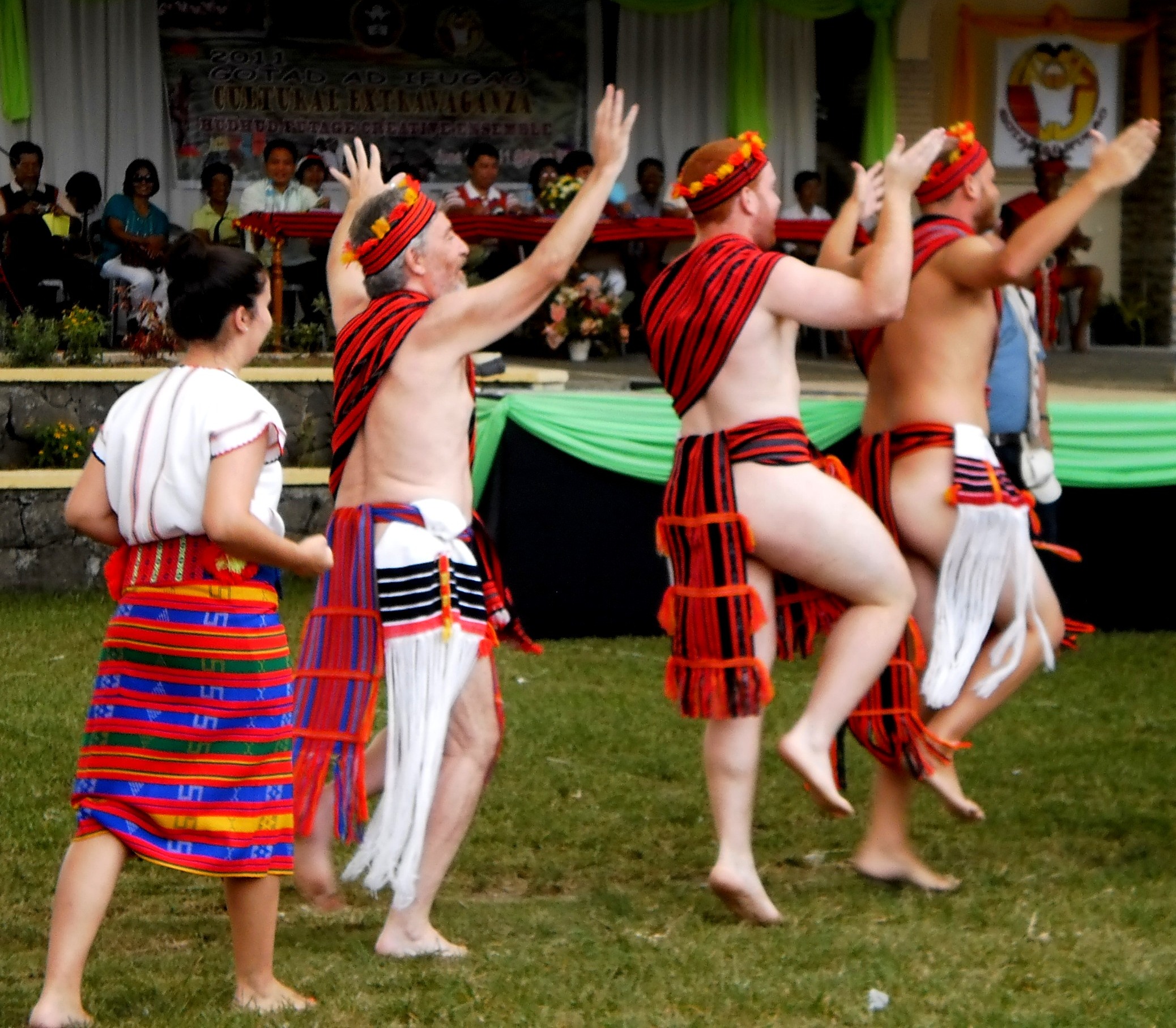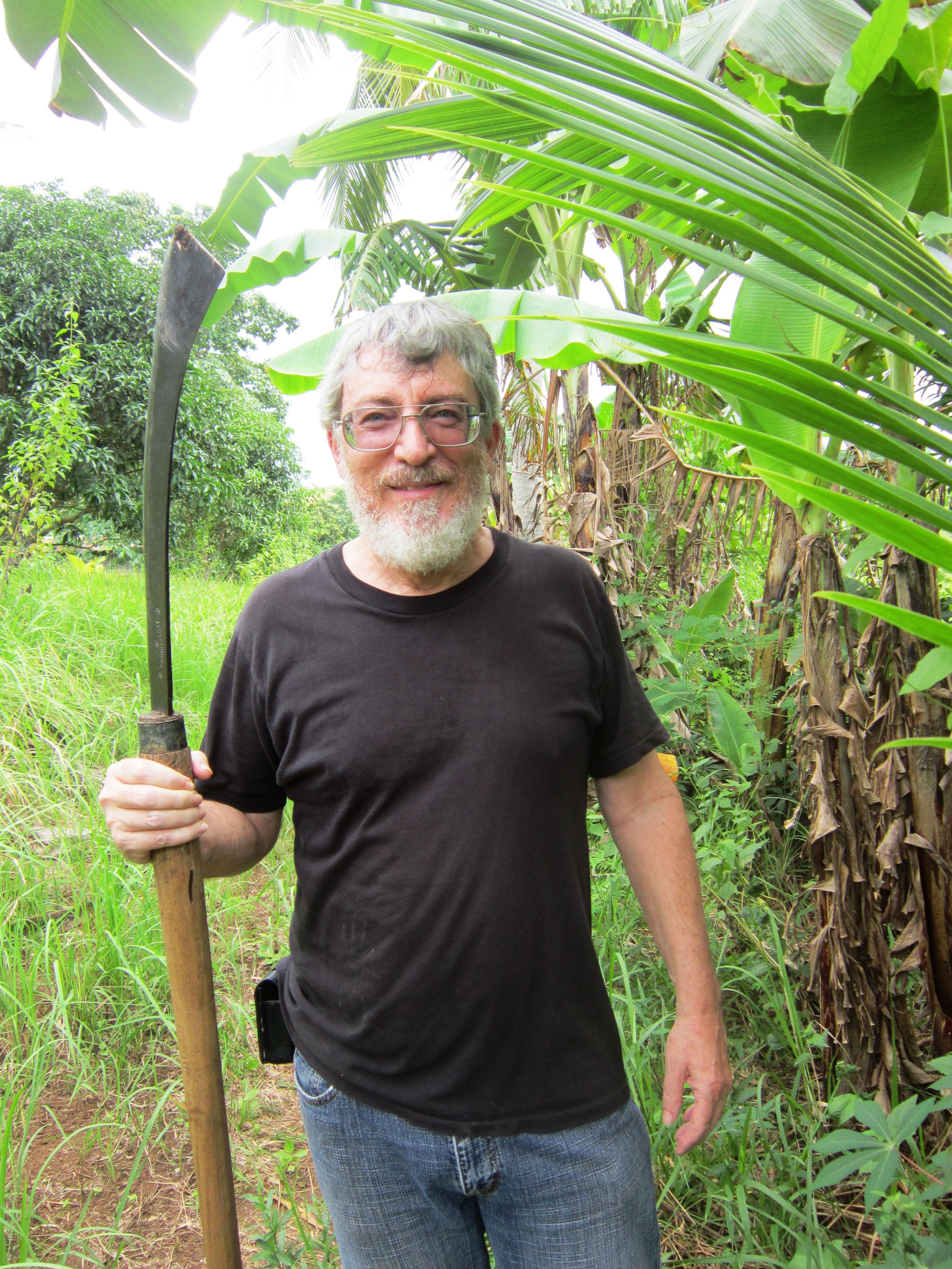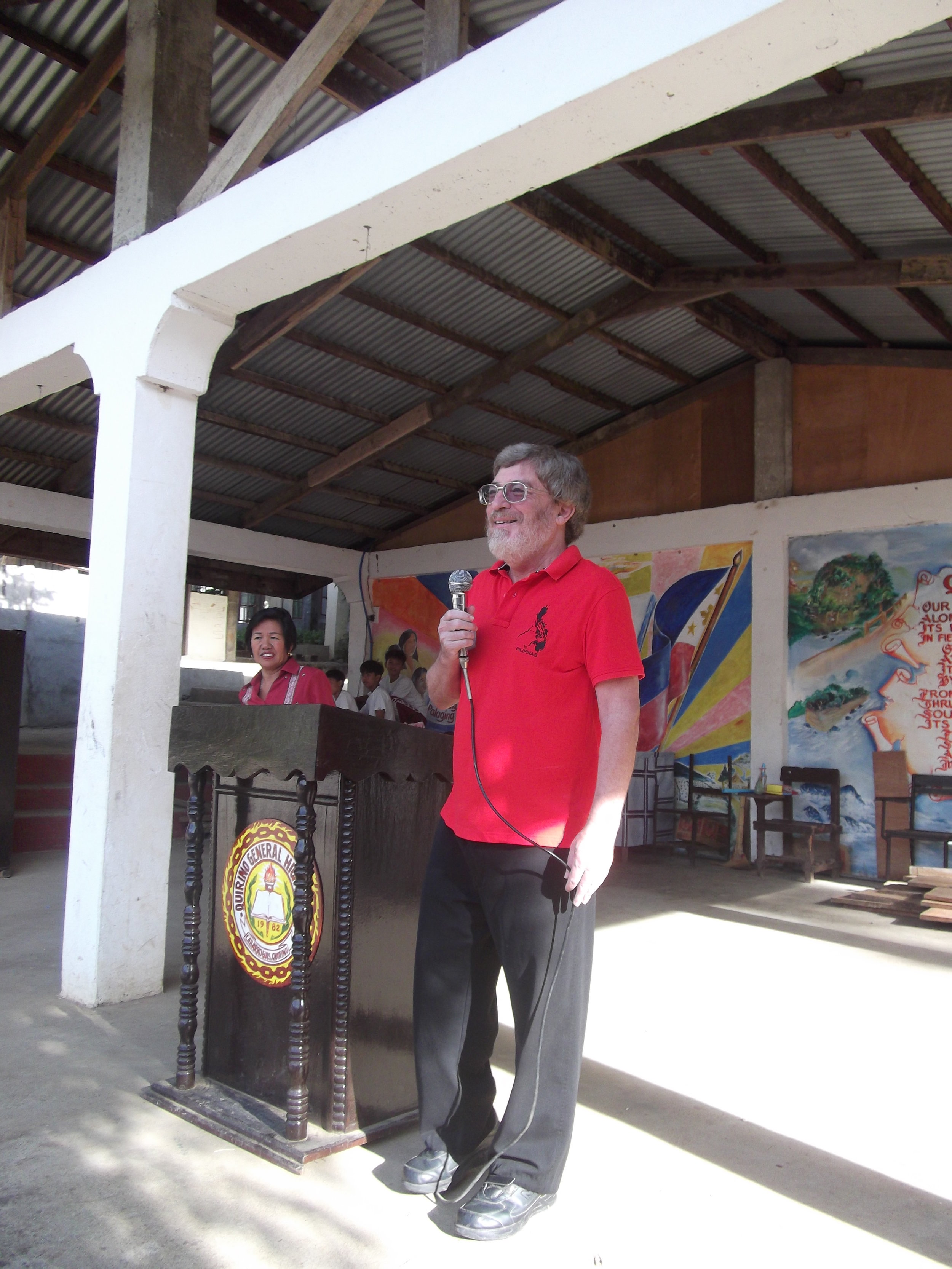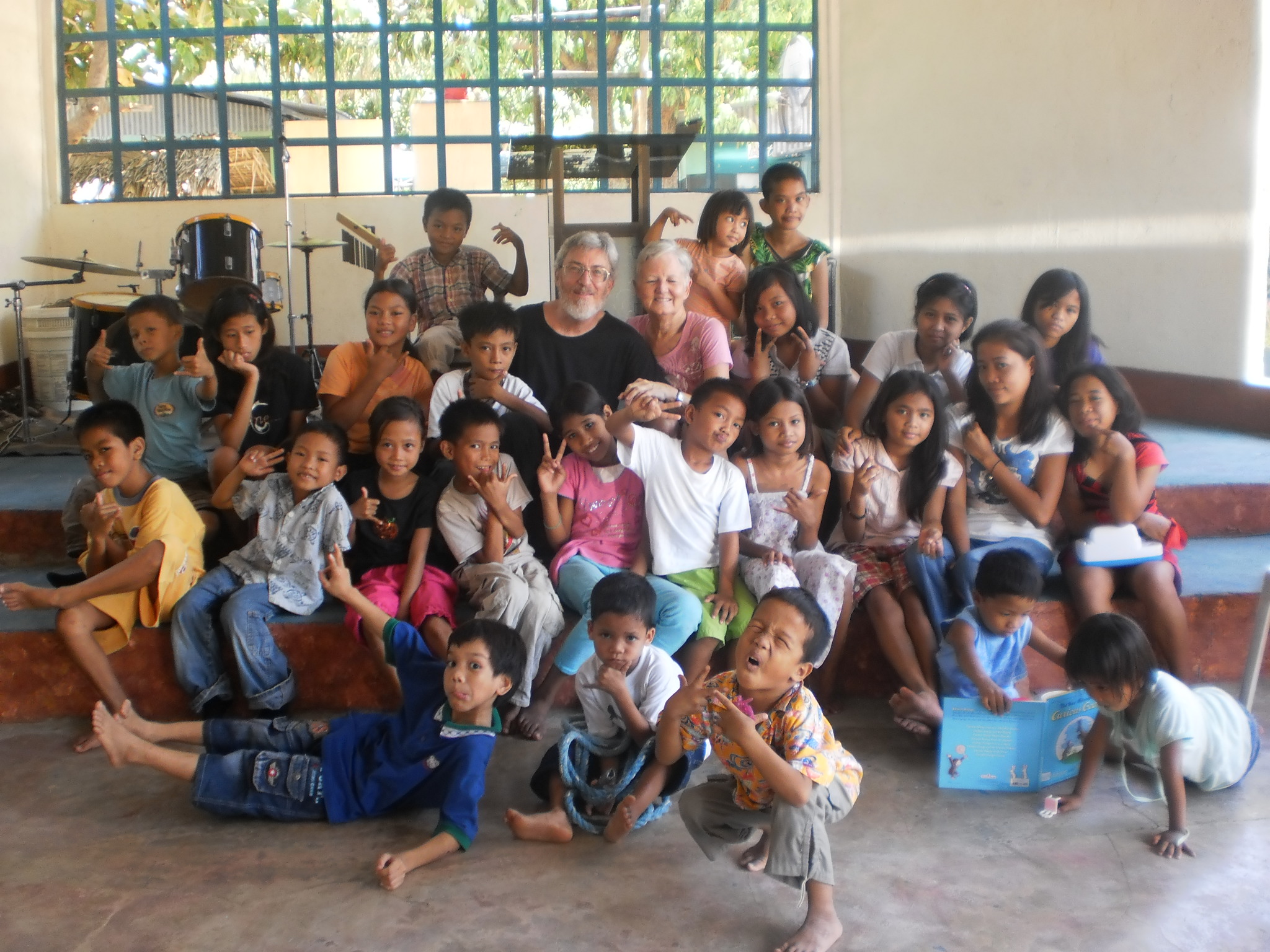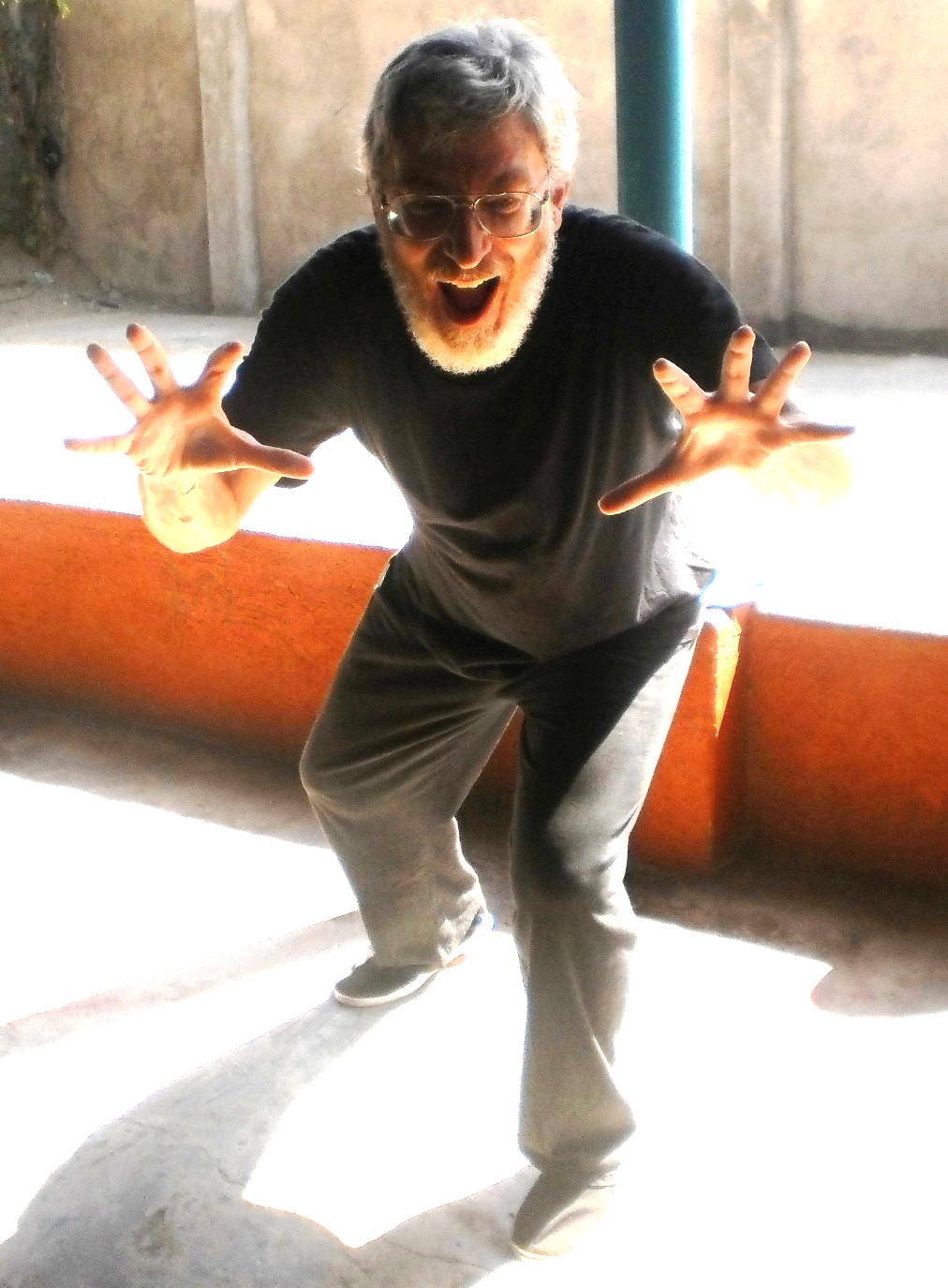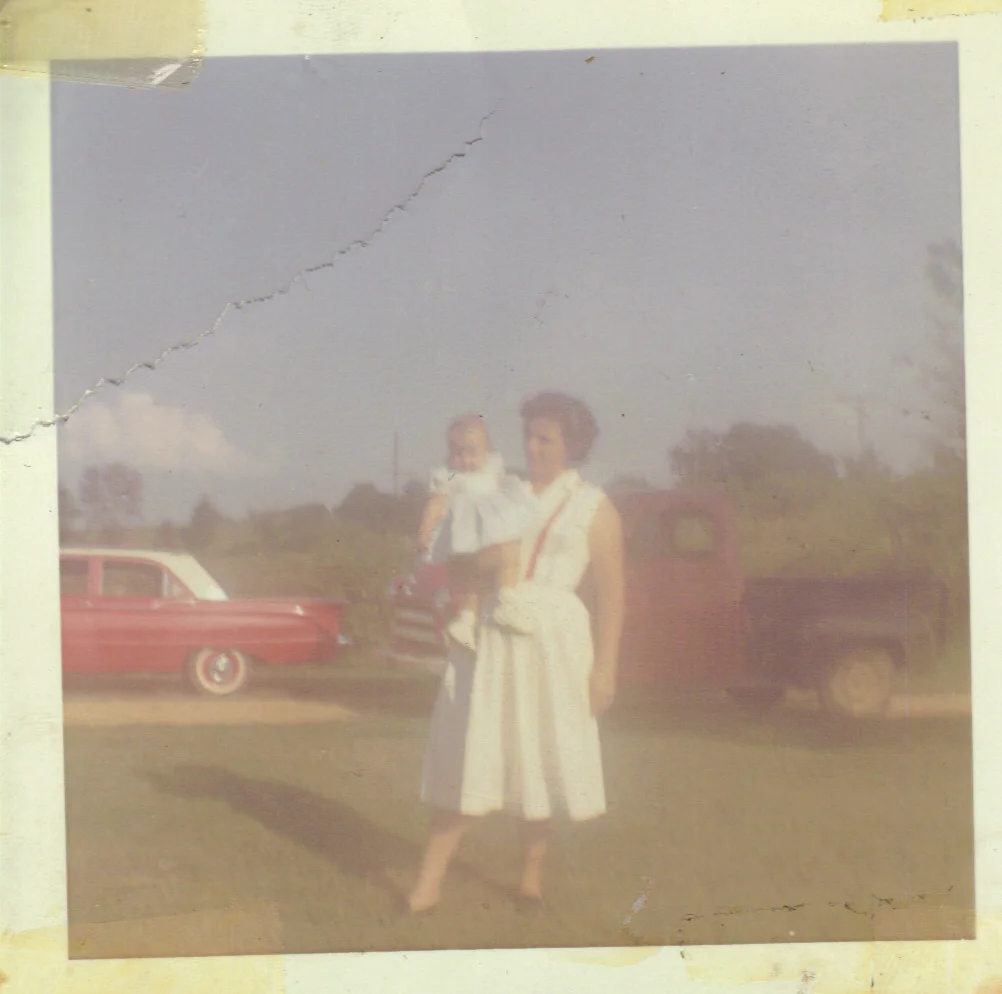When No One Knows You: The joy of reinventing yourself overseas
by B.J. Stolbov
One of the greatest and most unexpected joys of joining the Peace Corps (or any other overseas service organization) is that no one knows you.
It may sound irrational to praise the joy of no one knowing you, especially in an era in the U.S. where we have such an epidemic of loneliness. And yet, I know from my personal experience that this gave me an unprecedented opportunity to change what I didn’t like about myself.
Before I left for the Peace Corps, my life was not what I wanted it to be. It had settled into a gray day-to-day sameness. I felt stuck within my existence, weighed down by an inertia of my own doing. I was cynical, often sarcastic, and sometimes bitter. I was too judgmental about other people’s lives, and I thought that I was better than most people were. And I am sure that most people perceived me as an arrogant know-it-all.
When I left for the Peace Corps, I handed my apartment key to my landlord, and, for the first time since I was 15 years old, I had no keys! I had no home, no car, not even a post office box. I left behind my family, friends, and community -- everyone who I knew, and everyone who knew me. It was a very strange, but oddly liberating, feeling.
When I got on the bus to San Francisco, no one knew me. When boarded a jet in San Francisco for my Initial Training in Philadelphia, and even when I arrived for my Initial Training, no one knew me. When I flew from Philadelphia to my Pre-Service Training in Manila, still no one really knew me. After a week in Manila, Peace Corps assigned me to my training site in Subic with five other new Peace Corps volunteers, whom I did not know and who did not know me. And then, after my Pre-Service Training, the Peace Corps assigned me to my ultimate destination site, and again no one knew me.
When I arrived at my site as an English-language teacher, in a small town in a sparsely populated province in the mountains of Northern Luzon in the Philippines, the school arranged a welcoming assembly for me. I am, as I have always been, a shy, tongue-tied, introvert. The Principal leaned over to me and said that I had to give a speech. I asked, “When?” She replied, “Now.” An extemporaneous speech to 1200 high school students and staff of 100 teachers! I got up shakily and stood at the front of the stage. With the microphone in my hand, I took a deep breath. I didn’t faint and I didn’t run away. And I gave a pretty good speech! I even told a joke!
From then on, I chose to change myself in other ways, to become the person I wanted to be. I am now less fearful of taking risks, of being foolish in the eyes of other people. I am more forgiving of myself. I sing more than I used to, not necessarily better, but with more joy and less self-consciousness. I laugh a lot more and I love to tell jokes, the sillier the better. Do you want to hear a long joke? “Joooooke.” I love that joke: simple, clean, and I can tell it anywhere. You can have it as my gift to you.
I have become more generous. Generosity is not only about money and material things; true generosity comes from the heart. Generosity is about the giving of my time, energy, and full attention. It can be about listening to someone’s story (that maybe I’ve heard before) or someone’s problems (without trying to solve it but just being there). Generosity is about giving from my soul. It is about being helpful, without thought of something in return. I have found that it is true that the more I give, the more I get (not necessarily in money or material things). Generosity is like a being a candle that can light other candles without diminishing itself.
In my old life, I was trying very hard to be what others expected me to be, and to not shock my friends and family, and even myself. I had become my persona – the mask used by an actor on stage to play a role. I had become stuck inside my persona.
One of the new volunteers, a 22-year-old recent college graduate, brought with him a persona that was mean, bitter, nasty, cynical, sarcastic (I could relate); he was unhappy and did not get along with the other new volunteers. These are not personality traits that go over well, especially with Filipinos. After few months, one of his Filipino counterparts got in touch with me because his co-workers and students were concerned about his anti-social attitude and were confused. The Filipinos, being sociable and tolerant, will try to get along with anyone, but not with everyone. They thought he was mentally disturbed. I met with the volunteer and talked with him. I said to him that I too was confused. Here he was, on the other side of the world, where no one knew him, and he was still holding onto these personality traits that were obviously causing him trouble, causing everyone around him to be unsociable to him, and making him unwanted. Anytime, anywhere, along the way in his Peace Corps journey, he could have dropped any of these personality traits. It was, of course, his decision if he did not want to change himself. Two years later, I met him again at the end of his Peace Corps service. He was still mean, bitter, nasty, cynical, sarcastic, and unhappy.
Traveling is a great way to let go of your persona. It is a unique opportunity to reduce and eliminate what you don’t like about yourself or to grow and expand what you do like about yourself. It is a grand opportunity to try on a different mask (or different masks) and to experience how they fit. Or it can be the unprecedented opportunity, maybe even a once-in-a-lifetime opportunity, to throw away your mask entirely and be the “you” that you always truly want to be. You don’t have to carry around a mask that has become old, useless, unnecessary, and possibly harmful.
And you don’t have to go on a journey to a far distant destination or to join the Peace Corps or any other overseas service organization (although you many want to try it for a life-changing experience). The joy of no one knowing you can happen on a bus ride, a train ride, a river trip, an ocean cruise, a spiritual retreat, or a solo camping trip. If there is something you don’t like about yourself, you can leave it behind. If there is something that you are too shy or too stuck within yourself to express, you can become whatever you want to be. And you may find that you like this new you better than the old you that began your journey. My journey gave me the opportunity to change myself. My journey changed me.
And when you come back changed, if people who knew you before (or thought they knew you before), say, “You’re different,” you can choose to simply answer them, “Yes, I am.” If they say, “You’ve changed,” you can simply answer, “Yes, I did. Thank you for noticing.”
B.J. Stolbov is a writer, poet, novelist, essayist, short story writer, travel writer, and improving photographer. He is the author of the novel Last Fall (Doubleday) and the poetry book Walks (Foot Print Press). He travels and explores in Asia; lives and works in the Philippines. His stories, poems, and articles on travel, farming, and life are available for publication. Besides writing, he is an aspiring farmer, growing tropical fruit and nut trees. Most mornings, he can be found on his farm, climbing up the stunning tropical mountain Mount Stolivar (100 meters tall). Please feel free to contact him at BJStolbov@gmail.com.

